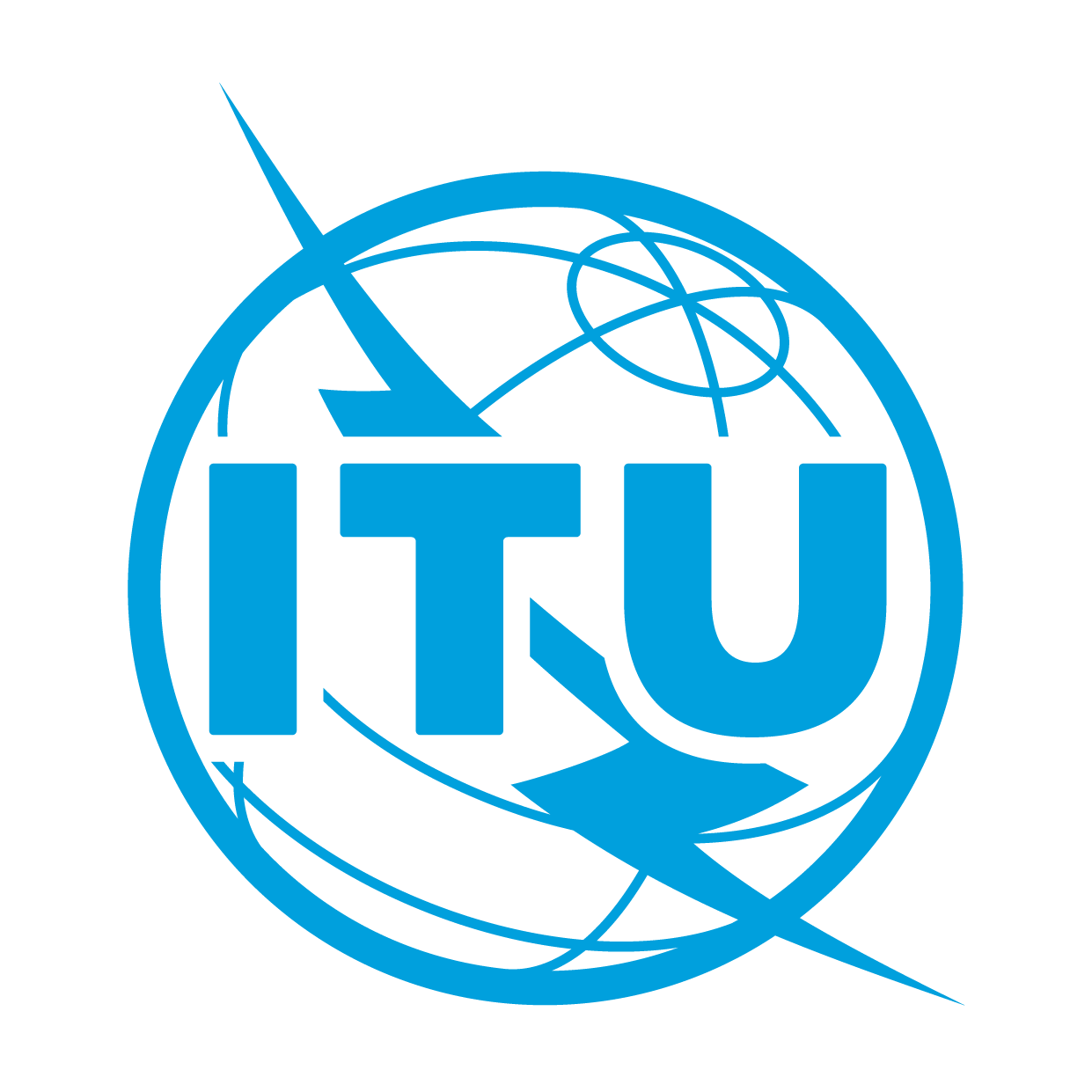An End to Electronic Waste: Building the E-waste Coalition
International Telecommunication Union

Session 193
The transition towards a more digital world and a growing information society and economy offer unprecedented opportunities for sustainable development. At the same time, they contribute to the growth of the global consumption of electrical and electronic equipment, and – consequently – to growing amounts of electronic (e)-waste.
Used, broken, or obsolete equipment, such as phones, laptops, sensors, TVs, and fridges contain substances that pose considerable human health and environmental risks, especially if treated inadequately. Today, most e-waste is not properly documented nor treated through appropriate recycling chains and methods, whilst circular economy thinking has not been fully adopted. Thus, the amount of e-waste is growing rapidly and large dump sites exist throughout the world.
This High-Level Dialogue follows a similar event which took place last year during the 2018 World Summit on the Information Society, where seven United Nations entities signed a Letter of Intent expressing their commitment towards tackling the e-waste challenge. This time round, an additional three entities (World Health Organization, International Trade Centre and UN Human Settlements Programme) will express their commitment.
The dialogue will provide a platform for the exchange of views on the current e-waste management challenge and on considering concrete actions for building the E-waste Coalition, taking into account the comparative advantages of the different actors involved.
Moderator
Ms Antonia Gawel, Head of Circular Economy Initiatives, World Economic Forum
Speakers/Panellists
Mr Houlin Zhao, Secretary-General, International Telecommunication Union
Mr Rolph Payet, Executive Secretary, Basel, Rotterdam and Stockholm Conventions
Mr Oliver Boachie, Special Advisor to Ghana's Minister of Environment, Science, Technology & Innovation
Dr Maria Neira, Director, Department of Public Health, Environmental and Social Determinants of Health, World Health Organization
Mr Graham Alabaster, Chief of Section, Sanitation and Waste Management, UN Human Settlements Programme
Mr Anders Aeroe, Director, Division of Enterprises and Institutions, International Trade Centre
Ms Vivian Ahiayibor Meinel, Managing Director, City Waste Recycling Ltd, Ghana
Session's link to WSIS Action Lines
-
 C7. ICT Applications: E-environment
C7. ICT Applications: E-environment
Session's link to Sustainable Development Process
-
 Goal 3: Ensure healthy lives and promote well-being for all
Goal 3: Ensure healthy lives and promote well-being for all
-
 Goal 6: Ensure access to water and sanitation for all
Goal 6: Ensure access to water and sanitation for all
-
 Goal 8: Promote inclusive and sustainable economic growth, employment and decent work for all
Goal 8: Promote inclusive and sustainable economic growth, employment and decent work for all
-
 Goal 11: Make cities inclusive, safe, resilient and sustainable
Goal 11: Make cities inclusive, safe, resilient and sustainable
-
 Goal 12: Ensure sustainable consumption and production patterns
Goal 12: Ensure sustainable consumption and production patterns
-
 Goal 14: Conserve and sustainably use the oceans, seas and marine resources
Goal 14: Conserve and sustainably use the oceans, seas and marine resources